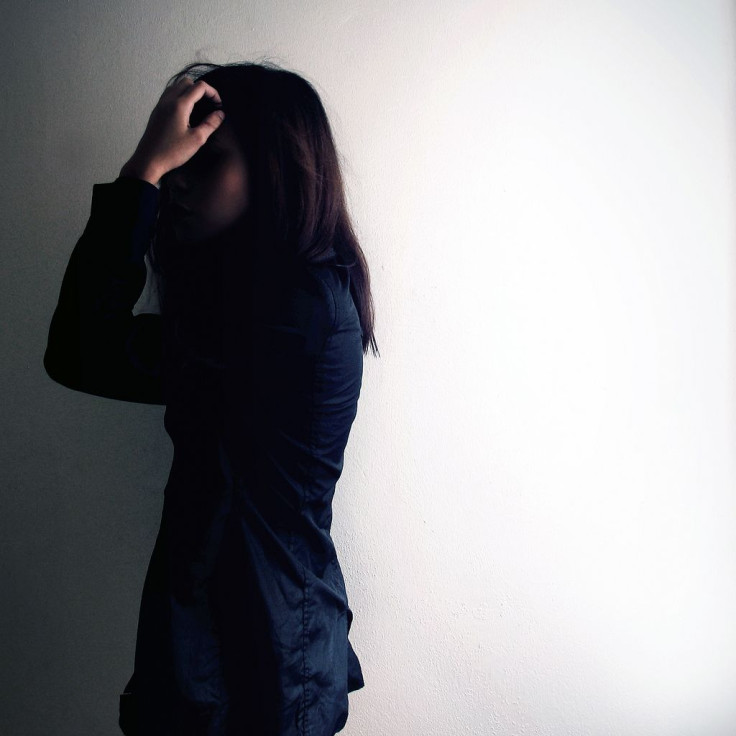Lithium Found To Reduce Suicide Rate Of People With Depression And Bipolar Disorder

Mood disorders, like depression and bipolar disorder, are a leading cause of disability, with 32 percent of Americans suffering from these disorders within their lifetime. The suicide rate among the psychiatrically disordered population is 30 times higher than the rate among the non-psychiatric population. Despite the use of medications to manage depression or bipolar disorder, the suicide rate has reached dangerously high, and avoidable, levels — men with the disorders are 26 percent more likely to commit suicide.
Changes to medicines used in mood disordered patients have been considered.
According to the World Health Organization, lithium has been used to treat bipolar disorder since the 1870s and was approved for use in people with mood disorders by the Food and Drug Administration in the 1970s. With the development of other mood elevators, antipsychotics and anticonvulsants, it started to become unclear which drugs prevented the grimmest effect of a mood disorder, suicide.
A new study set out to determine if lithium treatment could potentially reduce suicide rates in patients with depression or bipolar disorder. In a study of 6,674 participants, lithium reduced risk of suicide by more than 60 percent in comparison to lithium placebos. Forty-two percent of those studied and using other treatments for their mood disorder had a history of self-harm and suicide attempts. After being treated with lithium, patients were no longer suicidal, but many of them were still inclined to self-harm.
Lithium appears to be useful for treating the suicidal nature of people with bipolar disorder or depression. The two afflictions are distinct, as those suffering from bipolar disorder have episodes of extreme happiness, followed by episodes of extreme despondency and depression, while the depressed often suffer from long-term sadness, inability to experience pleasure, hopelessness, and even guilt. While symptoms vary between the two disorders, the underlying depression connects them.
While the researchers have found that other non-lithium based medications are still effective at managing the symptoms of bipolar disorder and depression, they are not very effective at preventing thoughts of suicide. Lithium, however, is found to be an effective antisuicidal medication.
The researchers explained the efficacy of lithium with the change in behavior observed in the patients. Patients were less aggressive and impulsive after lithium treatment. Similarly, if patients started to exhibit improvements in their symptoms, they were less likely to relapse back to depression or bipolar disorder symptoms while on the lithium treatment.
However, the duration of lithium treatment to avoid suicide is noteworthy. The researchers noted that lithium must be used as a long-term treatment for both depression and bipolar disorder. Alternative medications should be considered for acute phase therapies. However, most people are on long-term therapeutic regimens, thanks to a 1999 study that indicated that acute phase therapies, or short three-month long therapies, for depression were not effective, and many patients' symptoms relapsed four to seven months after their short treatments. The authors of the 1999 study recommended longer-term treatments for mood disorders, and the authors of this study recommend long-term treatment with lithium to reduce suicide rates.
While lithium has side effects such as weight gain, kidney failure, and thyroid issues, its life-preserving properties outweigh its side effects. The researchers suggest that more work be done and have commented, "Understanding the mechanism by which lithium acts to decrease suicidal behavior could lead to a better understanding of the neurobiology of suicide."
Source: Cipriani A, Hawton K, Stockton S, Geddes JR. Lithium in the prevention of suicide in mood disorders: updated systematic review and metanalysis. BMJ. 2013.
Published by Medicaldaily.com



























